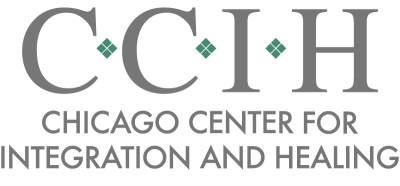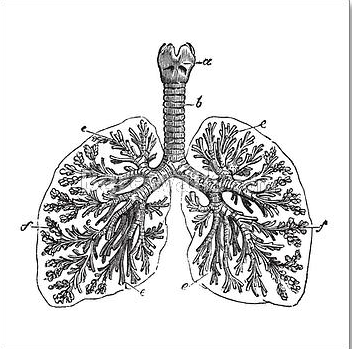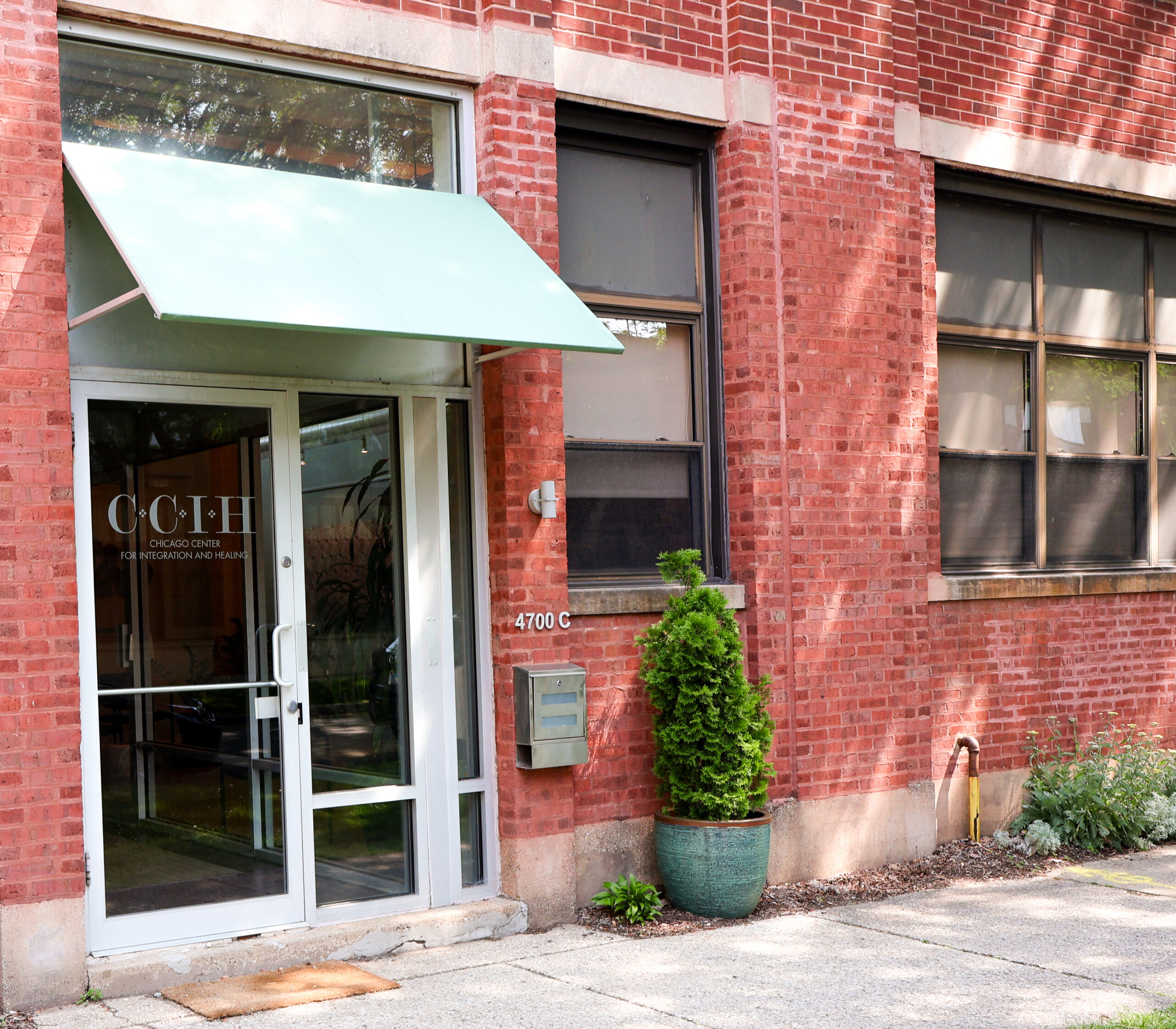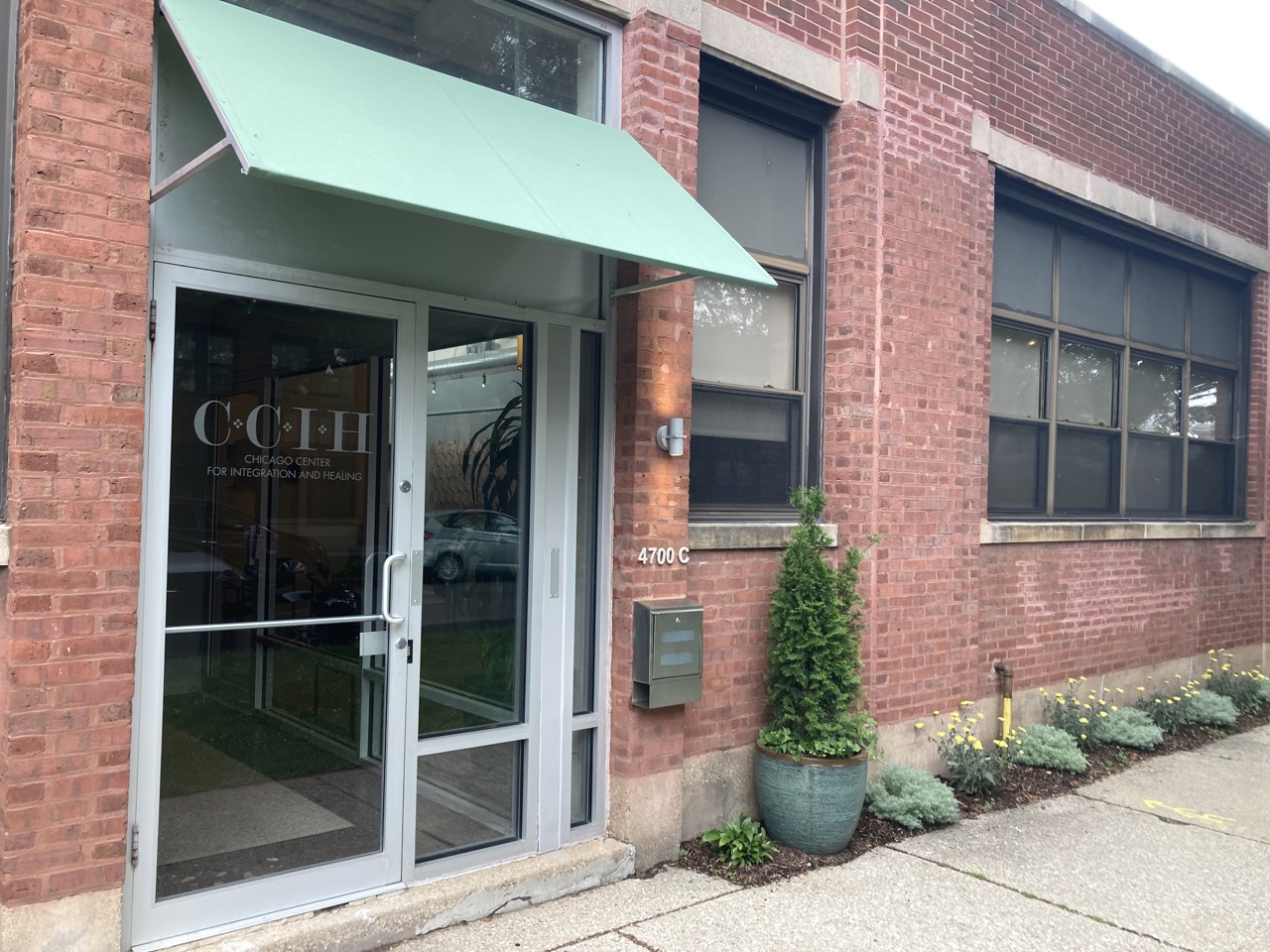Deepening our capacity to mindfully attend to internal experience (thoughts, feelings and sensations) in the present moment is an important part of healing from the effects of trauma. Various mindfulness practices (of which there are no shortage these days) can be useful in this pursuit. However, some mindfulness and meditation practices can be overwhelming, especially if we try to take on too much too quickly. Many of the symptoms of trauma occur because our autonomic nervous systems continue to sense the danger that occurred during the trauma itself. We want to work toward increasing our capacity to differentiate between safety and danger in the present moment and find ways to let our system settle. Many mindfulness practices can be helpful in this pursuit, but we should be doing this in small ways that our systems can tolerate. Asking ourselves to try too much too quickly can be re-traumatizing rather than healing. We should not be asking ourselves to “white knuckle” our way through practices. If we are continually overwhelming ourselves by taking on too much, we are likely inhibiting ourselves from developing practices that actually help. So an important question is — where do I start?
One resource I provide to my clients is the 4, 7, 8 breath technique as taught by Dr. Andrew Weil. I like this breath practice because it’s a nice (and accessible) combination of a grounding resource and a steppingstone toward making contact with our internal experience. And it’s simple and generally tolerable. I think the 4,7,8 breath is a great place to start. There are specific and even measurable benefits over time (improved sleep, lower anxiety, decreased blood pressure among others) and even more, because it is brief, it is a practice that we can commit to doing 2x daily. And one thing that I really like about this breath practice is that it requires only minimal attention to what’s happening within. All you have to do is keep track of what part of your breath you are on (in, hold, out) and count the duration of those three parts. You’re not asking yourself to notice or turn off your thoughts, or reflect on an emotional state. Not that those practices aren’t useful, but let’s start more simply. The 4,7,8 breath might just be the right practice for you.
In my years of mediation and mindfulness practice I have developed a real appreciation for “micropractices.” Perhaps these small practices that take only a few minutes are popular partly because people often have limited time in their busy lives. I appreciate micropractices because they seem to have more bang for their buck and have much less potential for overwhelming our systems. The 4,7,8 breath is a perfect starter practice. It can help us develop the commitment to a daily practice. It has real health/mental health benefits that can begin to be noticed within a relatively short time (perhaps within only a couple months), can lower activation on the fly, and can be a great starting point for practicing mindful awareness.
Click here for a short video of Dr. Andrew Weil demonstrating the 4, 7, 8 breath technique









